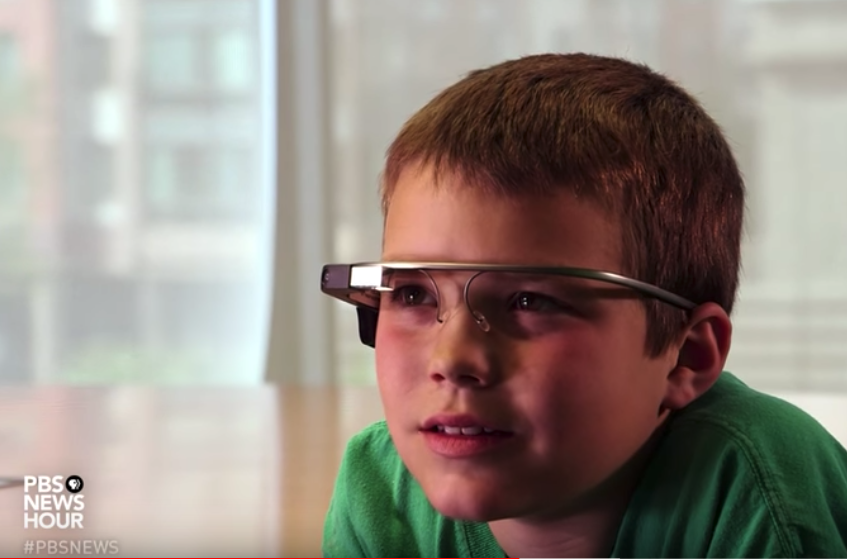Reporting
April’s award-winning reporting has taken her all over the United States as well as overseas to Europe and Asia.
Former foster youth defies odds, determined to change the system
Only about half of all youth in foster care in the U.S. graduate from high school, and just one in 10 enroll in college. April profiled 19-year-old James Turner who had been in foster care since he was 18 months old, earned his high school diploma and was accepted to Florida State University. He is defying the odds and determined to use his education to help other foster youth overcome the same hurdles he did.
Teachers and students retrace the lives of those who died at Normandy
To make the history of World War II more vivid and meaningful, teams of students and teachers are tracing the footsteps of those who served and died during the invasion of Normandy. Participants in the National History Day's Normandy Institute spend months doing intensive research on a single "silent hero," before offering a personalized graveside eulogy. April followed the group from Washington, D.C. to France to hear the stories.
Unmapped routes may pose dangers for shipping boom in Arctic waters
Melting glaciers mean more water to explore and potential profit from in the Arctic, but it can also be dangerous for mariners. April reported on the way scientists from the National Oceanic and Atmospheric Administration are conducting research and informing sailors about how close they can get to the ice.
For African-American female entrepreneurs, funding challenges call for creative bootstrapping
The fastest growing group of entrepreneurs in the U.S. is African-American women, but minority-owned businesses often face greater challenges getting funding. April profiled two women who have bucked the stereotypes and been resourceful to launch their ventures.
How machines are learning to read your mood
Can artificial intelligence be emotionally intelligent? In Boston, researchers have programed BB-8, the little droid from “Star Wars: The Force Awakens,” to detect expressions and determine how people are feeling. April’s report shows how technology is being adapted for marketing, video games, and even therapy for children diagnosed with autism.
Empowering kids with disabilities to find exercise they love
Physical education is required in most American high schools, but for teenagers with physical and developmental disabilities, there can be greater restrictions on how they can become active. April reported on the way schools in Florida’s Miami-Dade County are adapting activities like kayaking, sailing and golfing so more children can participate.
As the SAT evolves, so do opinions on its value
In 2016, college hopefuls took a brand new SAT, marking the first time in over a decade the test curriculum has undergone major changes. While scores will still be submitted with many an application, April found there is growing skepticism of their value as predictors of college success.

